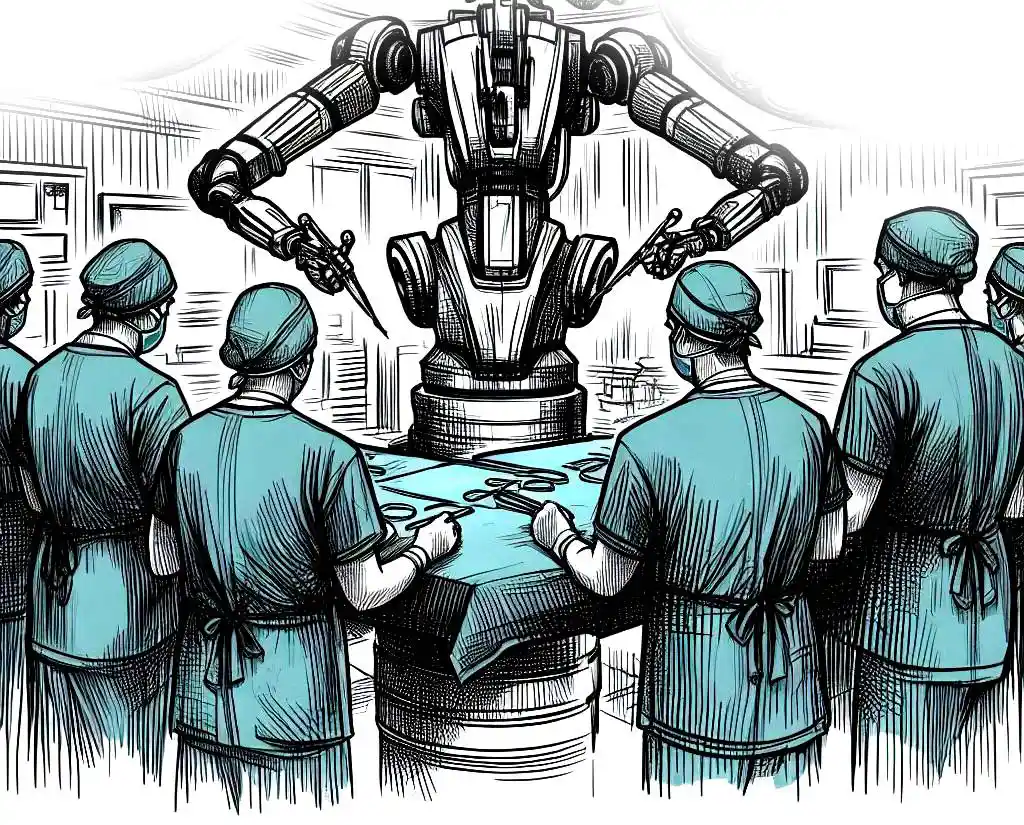Hospital Dr. Nélio Mendonça Introduces Robot Da Vinci Xi
The Hospital Dr. Nélio Mendonça has officially inaugurated the 'Robot Da Vinci Xi,' a robot that helps doctors perform surgeries with more precision. It can cut, sew, or move tissues during operations. This often means smaller cuts, shorter hospital stays, and a quicker recovery for patients.
Robotic Surgeries Scheduled to Begin in 2025
with the first surgeries anticipated to start in January 2025. Diogo Rijo, deputy for surgical operations, revealed plans to perform approximately 200 robotic procedures annually, enhancing patient care and operational efficiency. See the video of the Da Vinci XI Robot.
Ambulatory and Robotic Surgery Unit Established
The hospital’s ambulatory surgery area has been rebranded as the 'Ambulatory and Robotic Surgery Unit.' It now features one dedicated operating room for robotic surgeries and three additional rooms for general ambulatory procedures, reflecting a significant upgrade in surgical capabilities.
Comprehensive Training for Surgical Teams
To prepare for the implementation of robotic surgery, an intensive training program is underway, lasting 8 to 10 weeks. This training encompasses instruction for surgeons on the robot’s console, as well as collaborative training for nursing staff, anesthesiologists, and engineers. Following this, teams will observe procedures at other facilities before conducting their own surgeries under the guidance of a specialist.
The da Vinci surgical system was invented by Intuitive Surgical, Inc. in 1999. Today, the da Vinci robot is used in more than 5,000 hospitals worldwide and has been credited with reducing the time spent on surgeries and decreasing postoperative pain for patients.
Significant Investment in Healthcare Technology
The introduction of the 'Robot Da Vinci Xi' represents a €2.56 million investment under the Recovery and Resilience Plan. This advanced technology is expected to improve surgical precision and allow many patients to return home the same day as their procedures, greatly benefiting the regional healthcare system.
Source: Diário de Notícias da Madeira








Comments